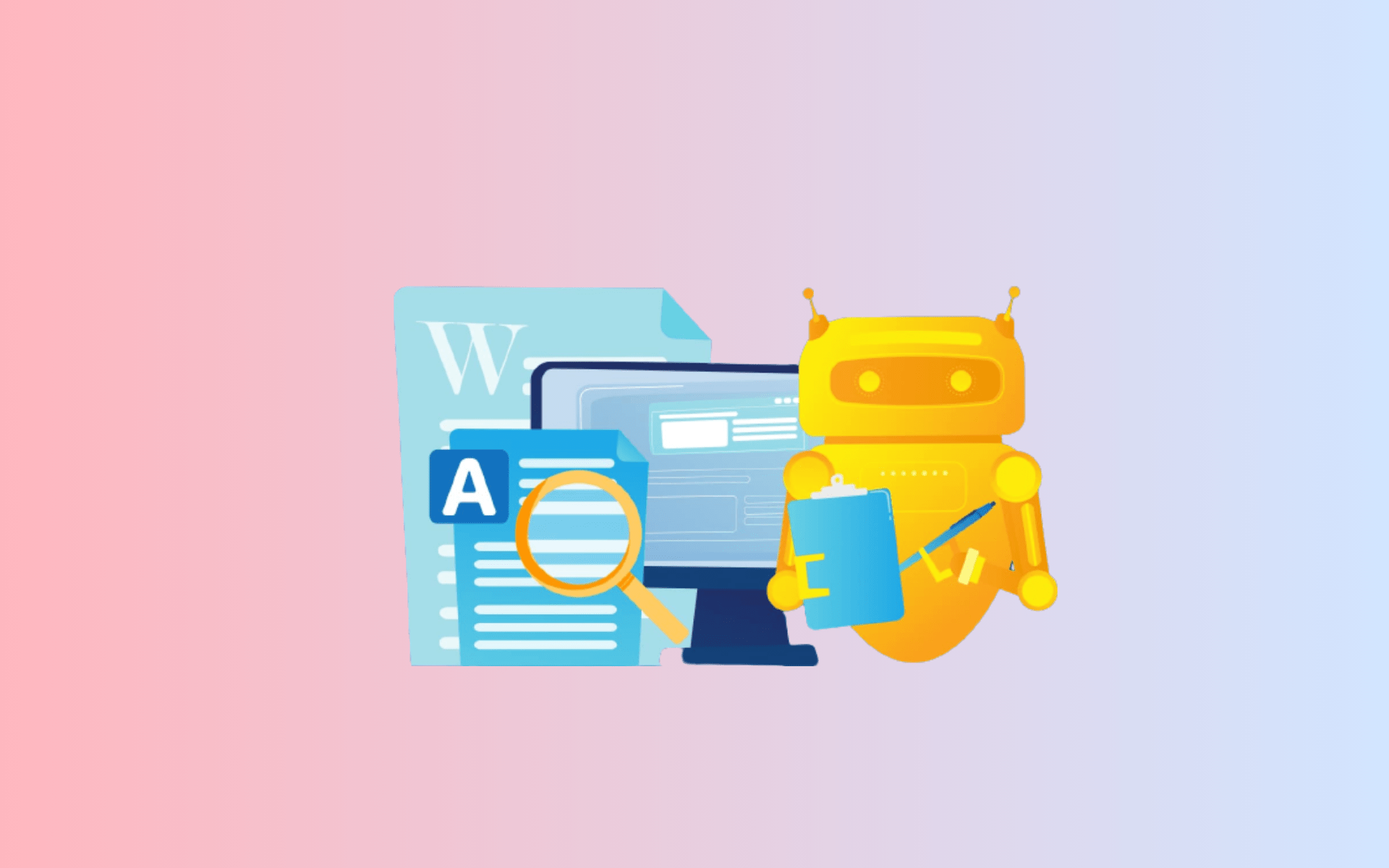With the rapid advancement of AI and the vast expanse of the internet effortlessly sharing information, a burning question arises: Is AI writing plagiarism? With the rise of Artificial Intelligence (AI), the landscape of content creation is in the midst of a profound transformation. This shift sparks a vital debate that affects us all.
So, how do we navigate the evolving world of AI-generated content, detect its use, and ensure its responsible application? We’re here to guide you through these intricacies and promise valuable insights. Let’s dive in!
How is AI-generated Content Detected?

When it comes to detecting AI-generated content, the methods employed are as innovative as the technology itself. AI-generated content can be identified through various means:
- Algorithmic Analysis: Advanced algorithms are developed to scrutinize the syntax, structure, and patterns within the text. Deviations from human-like writing are flagged, raising suspicion about the origin of the content.
- Comparative Analysis: AI content is compared against a vast database of existing works. If similarities are found, especially in sentence construction and contextual meaning, it raises concerns about the originality of the piece.
- Contextual Understanding: AI tools are now adept at understanding context and nuances in writing. Detecting lack of depth or contextual errors can hint at automated generation.
Does AI Content Qualify as Plagiarism?

Legally, plagiarism involves using someone else’s work without proper attribution, and AI-generated content, being devoid of human creativity, doesn’t fit this traditional definition.
However, the moral aspect is more nuanced. Plagiarism implies stealing ideas, and while AI generates text, the source of its ‘ideas’ is human input. The same nuance applies to artificial intelligence artwork as well. Yet, morally, it raises concerns about idea ownership.
Using AI-generated content ethically requires a careful balance. Acknowledging the tool’s assistance and ensuring that it adds value to the creative process is crucial.
Unchecked usage, where AI entirely replaces human input, raises ethical concerns, blurring the lines between innovation and plagiarism. Consider utilizing a plagiarism check or an AI plagiarism checker to maintain ethical standards in your content creation.
How Can AI Be Used Without Plagiarizing?

Using AI tools for content creation can be a game-changer if done responsibly. Here’s a set of steps to ensure you use AI without plagiarizing:
- Understand AI’s Capabilities: Familiarize yourself with the capabilities and limitations of your AI tool.
- Human Touch: Combine AI-generated content with your insights and creativity to ensure a human touch.
- Proper Attribution: Always attribute AI-generated content to the source AI tool.
- Quality Control: Review and edit AI-generated content to maintain quality and originality.
How Can AI-generated Content and Plagiarism Be Detected?
Detecting plagiarism and AI-generated content is vital for maintaining academic and ethical standards. Here are three tools that can assist you in this process:
Turnitin

Turnitin checker is a renowned plagiarism detection service. The Turnitin AI detection employs advanced algorithms to cross-reference submitted content with a vast repository of academic works, detecting similarities and potential plagiarism. While the question of can Turnitin detect Chat GPT arises, specific detection of AI-generated content remains a developing field.
Content At Scale

Content At Scale offers an AI content detector tool, specifically designed to identify AI-generated content. Its algorithms analyze writing patterns and structures, distinguishing between human and AI-authored texts.
Originality.ai

Originality.ai specializes in assessing the originality of content. Using intricate algorithms, it evaluates linguistic nuances and contextual relevance, aiding in the identification of both plagiarism and AI-generated text.
Final Words: Is AI Writing Plagiarism?
The question “Is AI writing plagiarism?” underscores the evolving nature of creativity and authorship in the digital realm. While AI-generated content challenges traditional notions of originality, responsible usage, combined with robust detection methods, can uphold the integrity of creative endeavors.
As technology continues to advance, the ethical and legal frameworks surrounding AI-generated content will require continuous evaluation and adaptation. It is in this delicate balance between innovation and ethics that the future of AI-assisted content creation lies.




